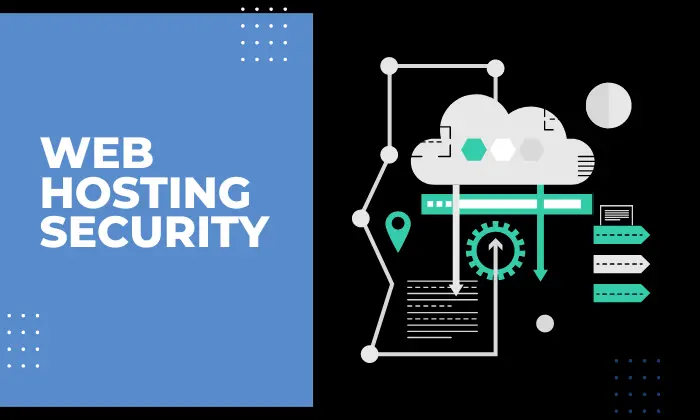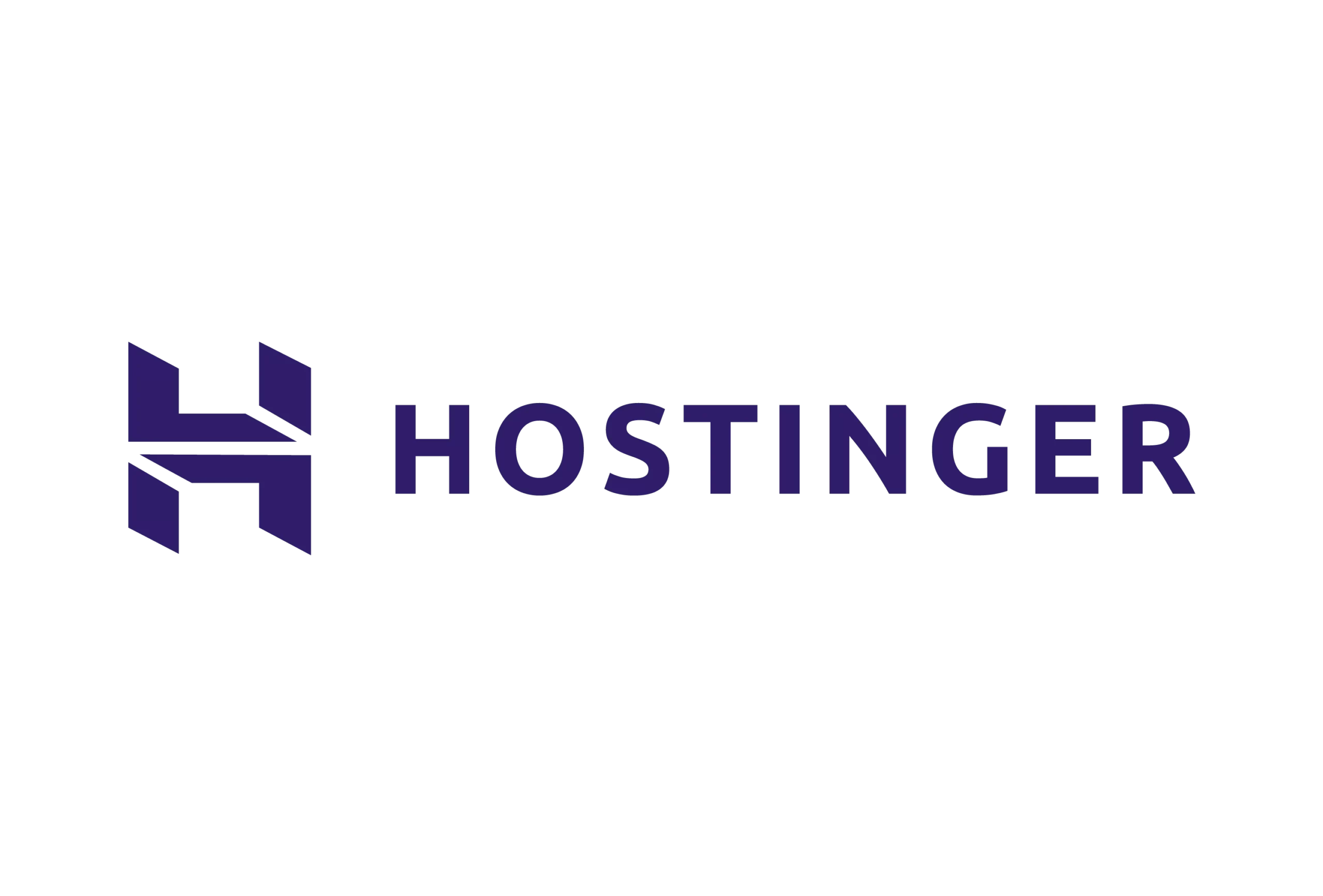Imagine your website is like your own house (website) on the internet, filled with valuable things you want to protect. Just like you wouldn’t want strangers barging into your home, you don’t want unauthorized users messing with your house (website). That’s where website security steps in.
What is web hosting security?
Web hosting security refers to measures and technologies designed to protect websites and the data they store from various cyber threats and attacks. It involves implementing security protocols, firewalls, encryption, and regular software updates to safeguard against hackers, malware, and other malicious activities.
Web hosting providers use advanced security tools to monitor and defend against unauthorized access, ensuring that websites remain functional, secure, and protected from potential cyber threats. In essence, web hosting security acts as a shield, safeguarding websites and their visitors from potential online risks and ensuring a secure online environment.
Let’s discuss the steps to keep our website safe from threats. Choosing a web hosting service that prioritizes security is paramount. Opt for web hosting companies that offer excellent value for security, ensuring your website is hosted on a platform equipped with robust protective measures.
10 Best Web Hosting Security Practices: To keep your website accessible from security threats
- Regular Software Updates
- Strong Password Policies
- SSL Encryption
- Web Application Firewall (WAF)
- Regular Website Backups
- Limited User Access
- Security Plugins and Tools
- File Upload Security
- Regular Security Audits
- DDoS Protection
Let’s delve into a detailed exploration of each website security practice below, understanding their significance in safeguarding your online assets effectively. By grasping these essential measures, you can fortify your website against potential threats and ensure a secure online presence.
1. Regular Software Updates:
Keeping your website’s Content Management System (CMS), plugins, and themes up-to-date is crucial. Updates often include security patches that protect your site from potential exploits. For instance, platforms like WordPress frequently release updates to enhance security and functionality.
2. Strong Password Policies:
Enforce strict password guidelines, encouraging complex, unique combinations. Avoid using easily guessable passwords like “123456” or “password.” Implement two-factor authentication (2FA) where possible, adding an extra layer of security by requiring users to provide a secondary verification method, such as a phone code.
3. SSL Encryption:
Secure your website with SSL (Secure Sockets Layer) encryption. SSL certificates encrypt data transmitted between a user’s browser and your server, ensuring sensitive information like login credentials and payment details remains private. Sites with SSL display “https://” in the URL and a padlock icon, indicating a secure connection.
4. Web Application Firewall (WAF):
A Web Application Firewall filters HTTP traffic, protecting your site from attacks like SQL injection and cross-site scripting (XSS). WAFs analyze incoming data, blocking malicious requests before they reach your server. Services like Cloudflare offer robust WAF protection, safeguarding websites from online threats.
5. Regular Website Backups:
Regularly back up your website and store copies in a secure, offsite location. In a security breach or data loss, backups allow you to restore your site to a previous, unaffected state. Consider automated backup solutions to ensure consistency and reliability in your backup process.
6. Limited User Access:
Restrict user privileges to essential roles and responsibilities. For instance, not every user needs administrative access. Restricting permissions reduces the potential impact if an account is compromised. Utilize user roles and permissions within your CMS to manage access effectively.
7. Security Plugins and Tools:
Utilize reputable security plugins or tools tailored to your website platform. For WordPress, plugins like Wordfence and Sucuri Security offer features like firewall protection, malware scanning, and login attempt monitoring. These tools provide real-time security insights and protect against common vulnerabilities.
8. File Upload Security:
Validate and sanitize file uploads rigorously. Implement strict file type restrictions, allowing only essential file formats. For instance, if your site allows image uploads, verify that uploaded files are images and not executable scripts. Malicious files can exploit vulnerabilities, leading to serious security breaches.
9. Regular Security Audits:
Conduct periodic security audits to identify vulnerabilities. Vulnerability scanners can automatically check your site for weaknesses, allowing you to address potential issues promptly. Regular audits help you stay proactive, ensuring your site’s security measures are up-to-date and effective.
10. DDoS Protection:
Implement Distributed Denial of Service (DDoS) protection mechanisms to defend against large-scale, malicious traffic floods. DDoS attacks aim to overwhelm your server, causing downtime. Services like Cloudflare offer DDoS mitigation, ensuring your site remains accessible even during intense traffic spikes.
Why website security practices is important?
Imagine your website is like your digital store, filled with valuable information and customer data. Web hosting security is like having a trustworthy security guard for your store, ensuring that no unwanted intruders or thieves can sneak in. Just like you wouldn’t leave your store unguarded, you don’t want to leave your website unprotected.
Web hosting security keeps your website safe from hackers and cybercriminals, making sure your customer’s data and your hard work stay safe. It’s like having a reliable lock and alarm system for your online shop, giving visitors peace of mind and a safe browsing experience. Investing in web hosting security is like having a friendly guardian for your online business.
Conclusion
In the vast digital landscape, web hosting security is the fortress safeguarding our online endeavors. It’s not just a set of practices; it’s a shield protecting our websites from the lurking threats of the cyber world. Understanding the vital importance of website security practices is akin to appreciating the value of a vigilant guardian for our online presence.
By embracing the ten best practices, from regular updates to robust user access management, we fortify our websites, ensuring they remain resilient against potential dangers.
So, let’s empower our online ventures with these protection tools, creating a safe, secure haven where our digital dreams can thrive without fear, leaving us to focus on what truly matters – building and sharing our passions with the world.
FAQ about Web Hosting Security
What is web hosting security, and why is it important for websites?
Web hosting security encompasses measures and technologies designed to safeguard websites and their data from cyber threats. It is crucial for protecting sensitive information, ensuring site functionality, and maintaining visitors’ trust.
What are some common vulnerabilities that web hosting security practices aim to address?
Common vulnerabilities include outdated software, weak passwords, insecure file uploads, and unencrypted data transmission. Security practices address these issues to prevent exploitation.
How often should I update my website’s software and plugins for optimal security?
Regular software and plugin updates are vital. Aim for immediate installation of security patches and updates to address vulnerabilities and secure your site.
Can you recommend reliable web hosting companies known for their strong security features?
Reputable web hosting providers such as Bluehost, Hostinger, and Liquid Web are known for their robust security features.
What role does SSL encryption play in web hosting security, and how can I implement it on my website?
SSL encryption encrypts data transmitted between users and servers, ensuring secure communication. To implement SSL, obtain an SSL certificate from a trusted provider and configure it on your website.









0 Comments